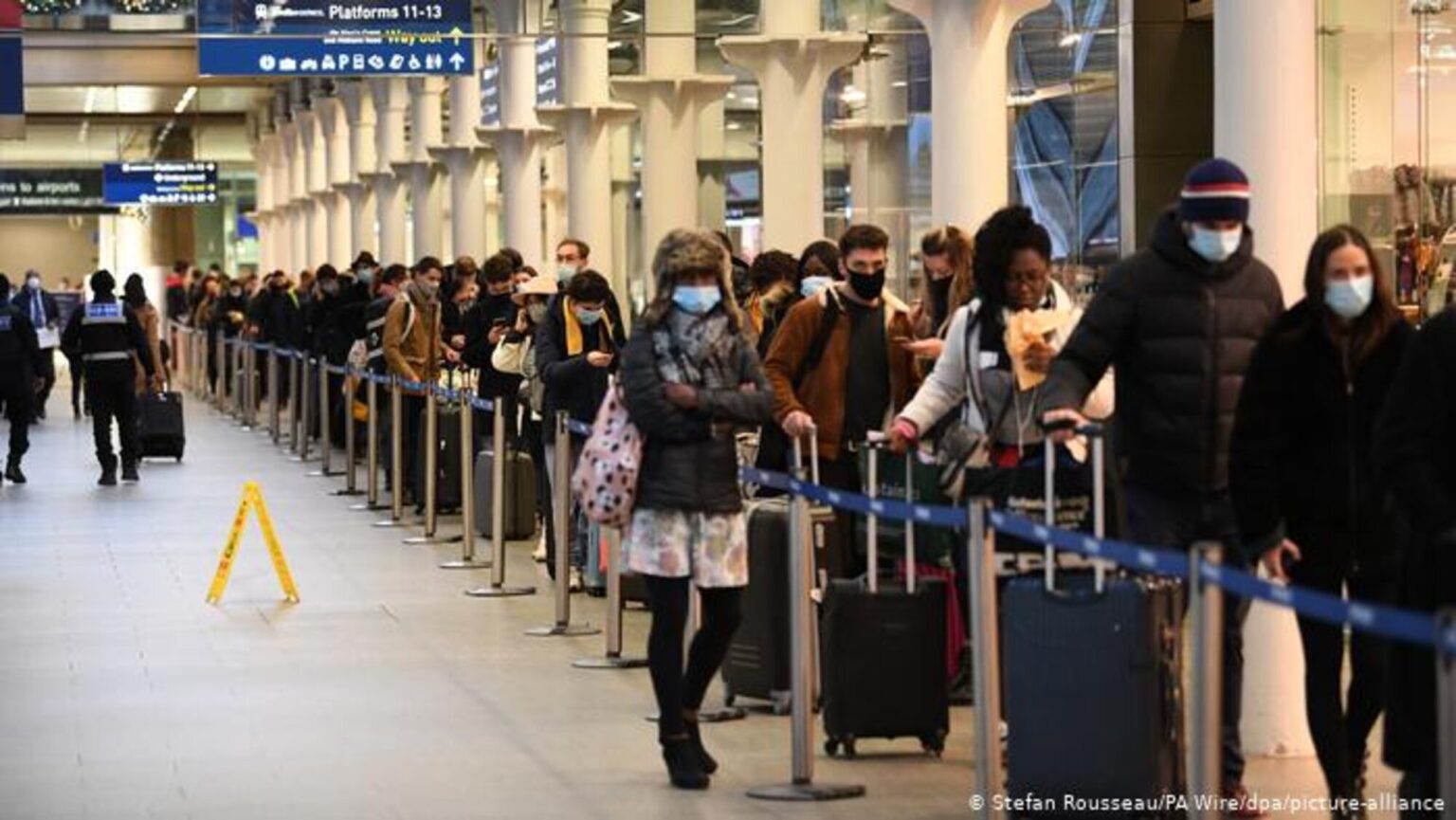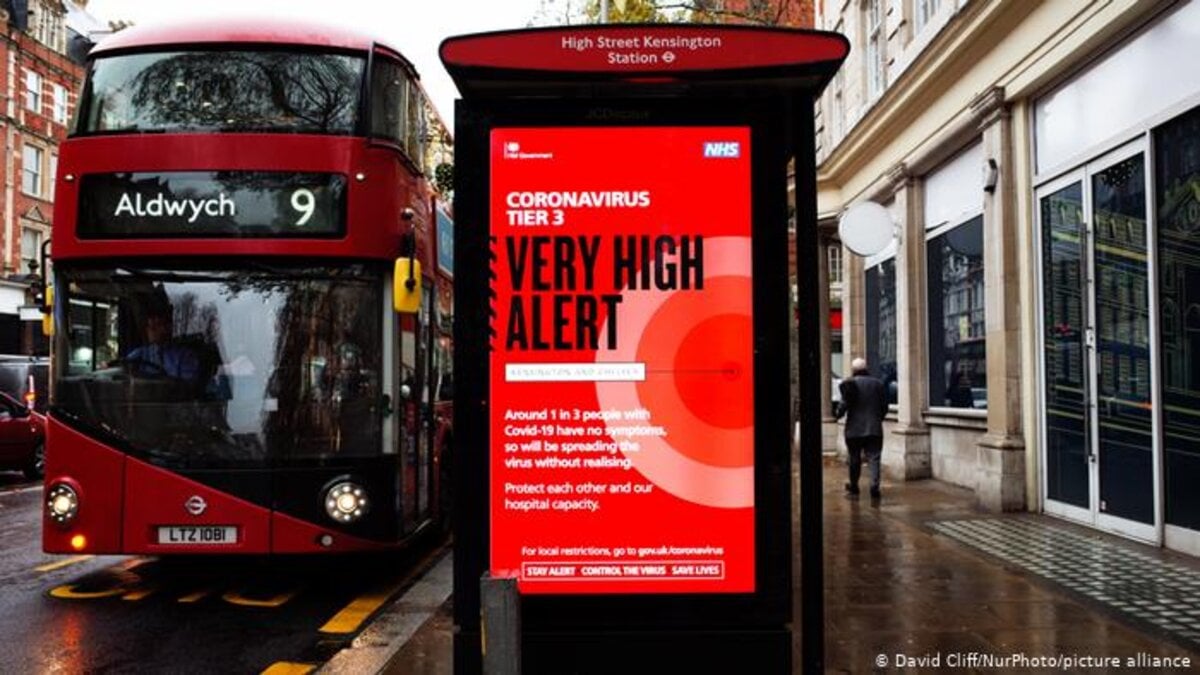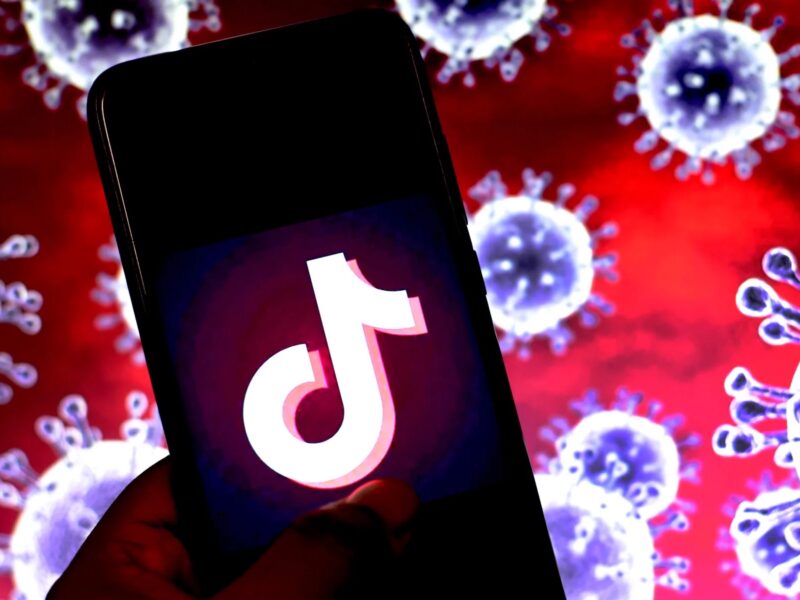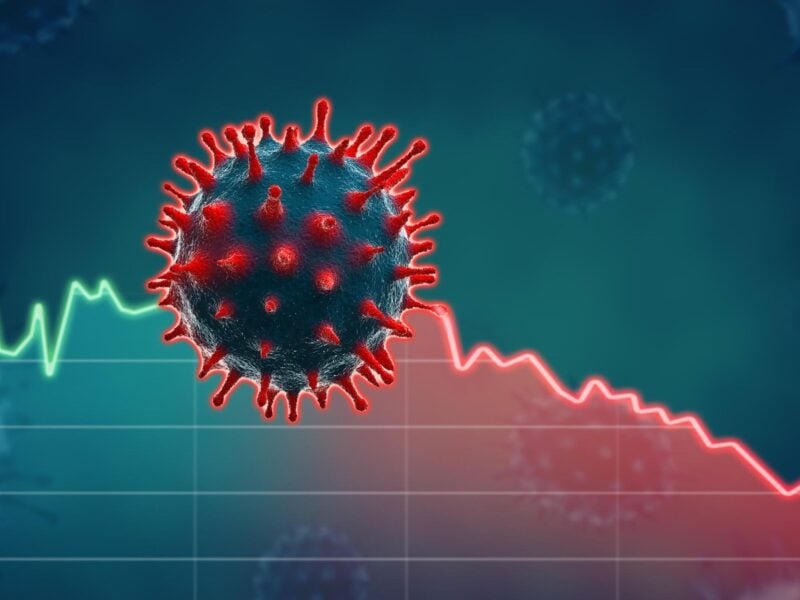
Will the vaccine work on new COVID-19 strain? Dive into the latest news
While the news of a COVID-19 vaccine being distributed all around the world seems like the light at the end of the dark tunnel, situations are proving bleak once again with the emergence of a new strain of the virus. As it continues to spread to other countries, many are concerned and wondering how this variant will impact the world’s efforts to slow down growing infection rates.
Does this mean the long & tumultuous year of 2020 will bleed into 2021? Will we still be hunkered in our homes in 2025 due to COVID-24? Let’s take a look.

What is the new strain?
The emerged variants of COVID-19 contain what experts & scientists call the N501Y mutation according to Newsweek, with one strain named B.1.1.7 detected in the UK and another called 501.V2 detected in South Africa. All of these infected individuals have recently travelled.
The BBC announced the strain can be traced all the way back to late September from somewhere in the south of England and has since spread to more than twenty countries & territories around the world. Just Tuesday morning, the BBC also reported that India has been the latest country the strain has newly spread to, with six individuals so far testing positive for that specific new variant prior to travelling out of the country.
Other countries that have also detected the new COVID-19 strain include France, Sweden, Japan, Spain, Canada, and many more. The BBC stated that over fifty countries so far have imposed travel restrictions on Britain during this time in an effort to stop the spread of this variant.

Should this new strain be a true cause for concern?
If you’re wondering whether you should be worried about this or not, Huffpost reported that experts warn the new B.1.1.7 lineage of COVID-19 “is said to be up to 70% more transmissible than the previously dominant strain in the United Kingdom”. However, scientists have confirmed so far that no evidence proves the new vaccines won’t be just as reliable against this new strain.
While this may mean that the vaccine will still protect individuals from catching this strain, it’s spreading at a far faster rate than the already highly contagious original strain of the virus. Dr. Peter Hotez also warned KHOU: “I think we’ll be okay for these variants, but after a few months, a year or two, other variants may come along where we may not be so lucky.”
Newsweek reported Dr. Mike Ryan, the head of the World Health Organization emergencies program, announced to media outlets on Monday in response to the new COVID-19 strains: “this pandemic has been very severe, has spread around the world extremely quickly, it has affected every corner of this planet. But this is not necessarily the big one.”

Ryan further emphasized: “This virus is very transmissible . . . and it kills people and it has deprived so many people of loved ones. But its current case fatality is reasonably low in comparison to other emerging diseases. This is a wake-up call.”
“From our perspective the planet is fragile. We live in an increasingly complex global society. These threats will continue. If there’s one thing we need to take from this pandemic with all of the tragedy and loss is that we need to get our act together, we need to get ready for something that may even be more severe in future. In this we must honor those we’ve lost by getting better at what we do every day.”

Fauci’s comments
The Hill reported that on Sunday, America’s top infectious diseases expert, Anthony Fauci, stated that health officials are & should be taking this new COVID-19 strain “very seriously”. Despite British officials confirming the vaccines will still be effective against the variant, Fauci stated: “we’re going to be doing the studies ourselves”, AP reported.
“We’re getting isolates of it, making combination of viruses, to be able to directly test, getting sera from people who we have vaccinated, and see if it still neutralizes this new strain, this mutant strain that’s coming from the UK, as well as from South Africa”, Fauci announced.
In the meantime, the CDC reminds everyone to continue wearing a mask while in public, washing your hands frequently, and practice social distancing from those outside of your household to help stop the spread.







